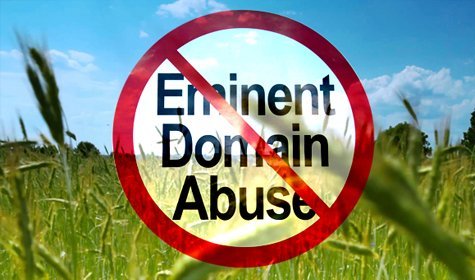As previously discussed, the Texas Railroad Commission is currently considering a proposed rule change that would modify the requirements for a pipeline to be granted eminent domain authority as a “common carrier.” The period for written public comment has now closed on the rule and a public hearing was held on this issue on Monday morning in Austin. The Railroad Commission will now move forward with its evaluation of the rule and consideration of the comments received. To view all comments sent to the Railroad Commission, click here.
Recently, I was interviewed by a couple of journalists about the proposed rule, what changes it might make, and how those changes could impact the rights of Texas landowners.
Jess Davis, a reporter with Law 360 wrote an article outlining the proposed rule and the complaints from both sides of the aisle related to the proposal. To read the article, click here.
Mose Buchelle, with KUT in Austin, recently put together a radio piece discussing the proposed rule changes and their potential impact on landowners and pipeline companies across Texas. I enjoyed the chance to visit with Mose and to discuss the proposed rule change from a landowner’s perspective. To listen to the radio piece, click here.
As I stated in both the article and the radio interview, although the proposed rule change will ensure that pipeline companies offer some proof of their claimed common carrier status–a step in the right direction for landowner’s rights–there are certain critical provisions missing from the proposal as written, including lack of notice to landowners, lack of the opportunity for landowners to contradict (or potentially even view) evidence submitted by the pipeline companies, lack of an explanation of the effect of the RRC’s finding on future challenges, and lack of clarity on exactly what must be shown to satisfy the common carrier requirement.
Tiffany Dowell grew up on her family farm and ranch in Northeastern New Mexico and is currently an Assistant Professor and Extension Specialist in ag law with Texas A&M Agrilife Extension. This information is for educational purposes only, does not create an attorney-client relationship, and is not a substitute for the advice of a licensed attorney.

